The thyroid gland is a butterfly-shaped organ located in the base of your neck. It releases hormones that control metabolism—the way your body uses energy. Hormones are the body’s chemical messengers. They travel in your bloodstream to tissues or organs to affect many different processes, including Growth and development Metabolism – how your body gets energy from the foods you eat Sexual function Reproduction Mood The thyroid’s hormones regulate vital body functions, including: Breathing Heart rate Central and peripheral nervous systems Body weight Muscle strength Menstrual cycles Body temperature Cholesterol levels and more The thyroid gland is about 5 cm long and lies in front of your throat below the prominence of thyroid cartilage sometimes called the Adam’s apple. The thyroid has two sides called lobes that lie on either side of your windpipe, and is usually connected by a strip of thyroid tissue known as an isthmus. Some people do not have an isthmus, and instead have two separate thyroid lobes. How the Thyroid Gland Works The thyroid is part of the endocrine system, which is made up of glands that produce, store, and release hormones into the bloodstream so the hormones can reach the body’s cells. The thyroid gland uses iodine from the foods you eat to make two main hormones: Triiodothyronine (T3) Thyroxine (T4) It is important that T3 and T4 levels are neither too high nor too low. Two glands in the brain—the hypothalamus and the pituitary communicate to maintain T3 and T4 balance. The hypothalamus produces TSH Releasing Hormone (TRH) that signals the pituitary to tell the thyroid gland to produce more or less of T3 and T4 by either increasing or decreasing the release of a hormone called thyroid stimulating hormone (TSH). When T3 and T4 levels are low in the blood, the pituitary gland releases more TSH to tell the thyroid gland to produce more thyroid hormones. If T3 and T4 levels are high, the pituitary gland releases less TSH to the thyroid gland to slow production of these hormones. Why do we Need a Thyroid Gland T3 and T4 regulate your heart rate and how fast your intestines process food. So if T3 and T4 levels are low, your heart rate may be slower than normal, and you may have constipation/weight gain. If T3 and T4 levels are high, you may have a rapid heart rate and diarrhea/weight loss. If too much T3 and T4 in your body (hyperthyroidism): Anxiety Irritability or moodiness Nervousness, hyperactivity Sweating or sensitivity to high temperatures Hand trembling (shaking) Hair loss Missed or light menstrual periods Some people might experience exopthalmus; If too little T3 and T4 in your body (hypothyroidism): Trouble sleeping Tiredness and fatigue Difficulty concentrating Dry skin and hair Depression Sensitivity to cold temperature Frequent, heavy periods Joint and muscle pain Call your doctor immediately if you’re suffering from any symptoms of the mentioned above. All the best Subscribe to official Alyaa Gad channel : http://bit.ly/AlyaaGad Follow Alyaa Gad : http://www.afham.tv https://www.facebook.com/dr.AlyaaGad https://twitter.com/AlyaaGad
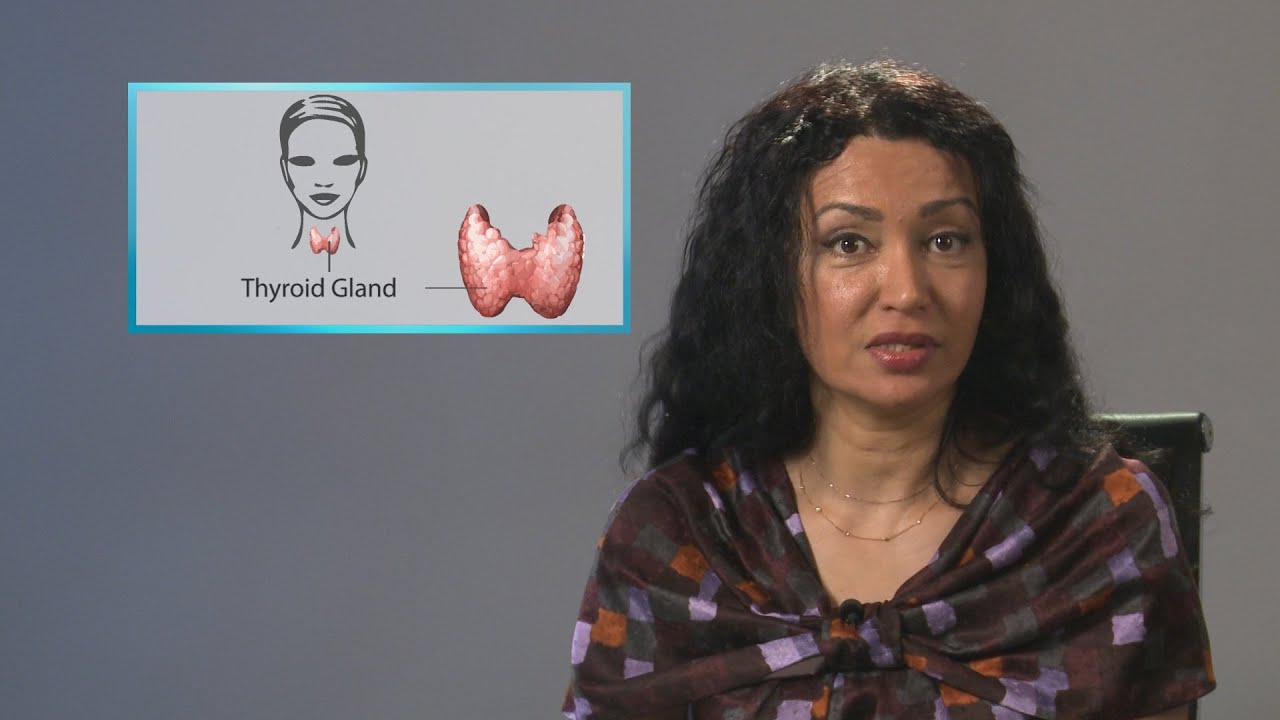
Alyaa Gad – Thyroid Gland
- Post author:
- Post published:June 2, 2021
- Post category:Uncategorized
- Post comments:0 Comments
You Might Also Like
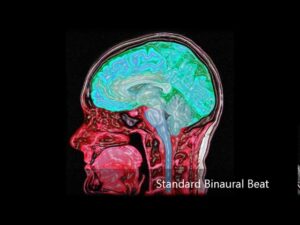
90 Minute Human Growth Hormone (HGH) – Isochronic Binaural Beats

Best way to workout chest

HOME WORKOUT FOR WOMEN – LOWER BODY IDEAL FOR PEAR SHAPE- all floor moves pilates style START NOW

Barbell Curl – Biceps Exercise – Bodybuilding.com

Examples of Low-Impact Aerobic Exercises : General Fitness Tips

How to test for Protein

HOW TO LOSE WEIGHT FAST 10Kg in 10 Days | 900 Calorie Egg Diet By Versatile Vicky

How does cholesterol affect your heart? – Dr. Ramesh Basavanna

Beef Muscle Contraction and Relaxation

India’s Best Fish Oil – Omega 3 at CHEMIST SHOP | Cheapest | Guaranteed Results

Alprazolam Nursing Considerations, Side Effects and Mechanism of Action Pharmacology for Nurses
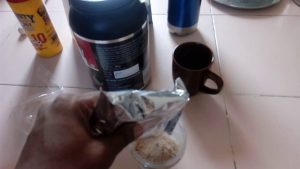
Whey protein supplement appollo

Anabolic Steroids – History, Definition, Use & Abuse Video – 43

GET DEFINITION IN YOUR CHEST | Full chest workout

Diet for TB || What food to eat in TB

Diet Video – 2

Sprinter Step Up Jump

Dermatology/Skin Surgeries Video – 3

Triceps Dips-5

Endocrine system introduction

Spa Resort Video – 1
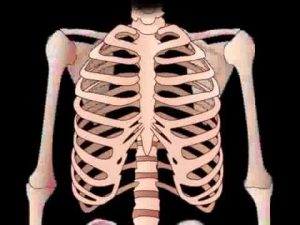
Skeletal System & Bone anatomy physiology

Pranayama Video – 1
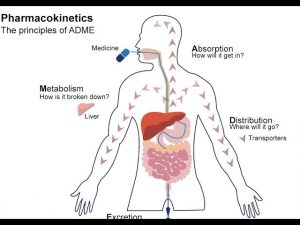
What is Pharmacokinetics? – A simple Introduction!

Effectiveness of Half a Dose of Finasteride to Treat Hair Loss

Nutrition : How to Avoid Bad Foods After a Heart Attack

TOP 5 BEST AMINO ACID SUPPLEMENTS OF 2015

Overdose & Side Effects | Vitamins

Paradiso Crossfit – Back vs Hip Extensions
Medical & Medicine

Clomiphene Citrate Gynecomastia – Reduce Moobs Extremely Fast

High Pulley Overhead Triceps Extension – Step by Step Tutorial

What are Antioxidants and Free Radicals Anyway?!

Glycemic Index Load – Low glycemic index foods list diets

Here Are The Most Common Causes of Iron Deficiency Anemia in Athletes

Abel Albonetti’s Ultimate Back Workout

Menopause Nutrition Video 2

How to Warm Up | Running

What is Fish Oil? Omega-3 Benefits & Side Effects Review by Guru Mann

One Arm Dumbbell Rows – Upper Back Exercises

